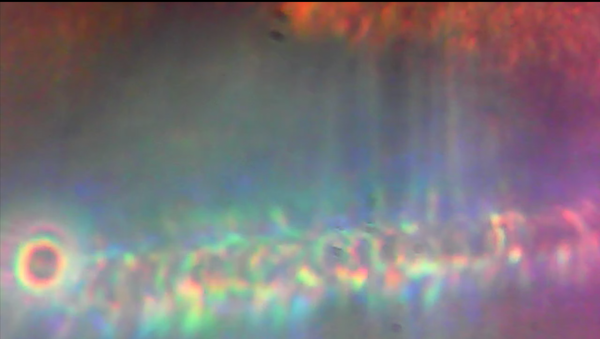Do it yourself bio-robotics: Difference between revisions
No edit summary |
No edit summary |
||
| Line 8: | Line 8: | ||
'''Step 2''' Detached the lens of the webcam. Often this optical lens part is partially glued to the front of the webcam but it can be detached by twisting firmly. | '''Step 2''' - Detached the lens of the webcam. Often this optical lens part is partially glued to the front of the webcam but it can be detached by twisting firmly. | ||
'''Step 3''' Put the lens, up side down, back on the webcam | '''Step 3''' - Put the lens, up side down, back on the webcam | ||
'''step 4''' Connect the webcam to the computer | '''step 4''' - Connect the webcam to the computer | ||
'''step 5''' To focus, just move the webcam towards or away from the object | '''step 5''' - To focus, just move the webcam towards or away from the object | ||
Revision as of 23:45, 14 December 2015
A reversible modification for a webcam which lets you take pictures of things far less than 1mm wide.
To make the microscope webcam you need the following:
- Standard webcam with an adjustable focus-lens
- Computer
Step 1 - Dismantle the webcam cover
Step 2 - Detached the lens of the webcam. Often this optical lens part is partially glued to the front of the webcam but it can be detached by twisting firmly.
Step 3 - Put the lens, up side down, back on the webcam
step 4 - Connect the webcam to the computer
step 5 - To focus, just move the webcam towards or away from the object
Movie bio-robotics
Video created with a DIY microscope by Jona Andersen, Juriaan Boerman and Mark-Jan Tellingen during the workshop 'Bio-Robotics of Arjan Scherpenisse.
Recognizing a plant in a pinch
When asked to assist how to quickly recognize a plant with a webcam I remembered an Apple WWDC presentation called "Find my iCone" an app that tracked an orange construction pylon using it's color.
I already had some web/Javascript code to do some chromakey (greenscreen) swapping, so I just re-purposed it. However, tracking the correct color of say "purple flowers" needed to be a little less fined grained then #ef0114 (for example, I have no idea what "color" that is by looking at it's hex values), so I grabbed a JS library to print colors as words.
Here's the code:
<!DOCTYPE html>
<h1>I don't see anything.
